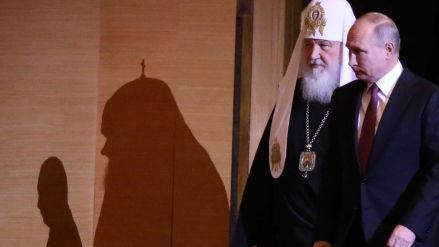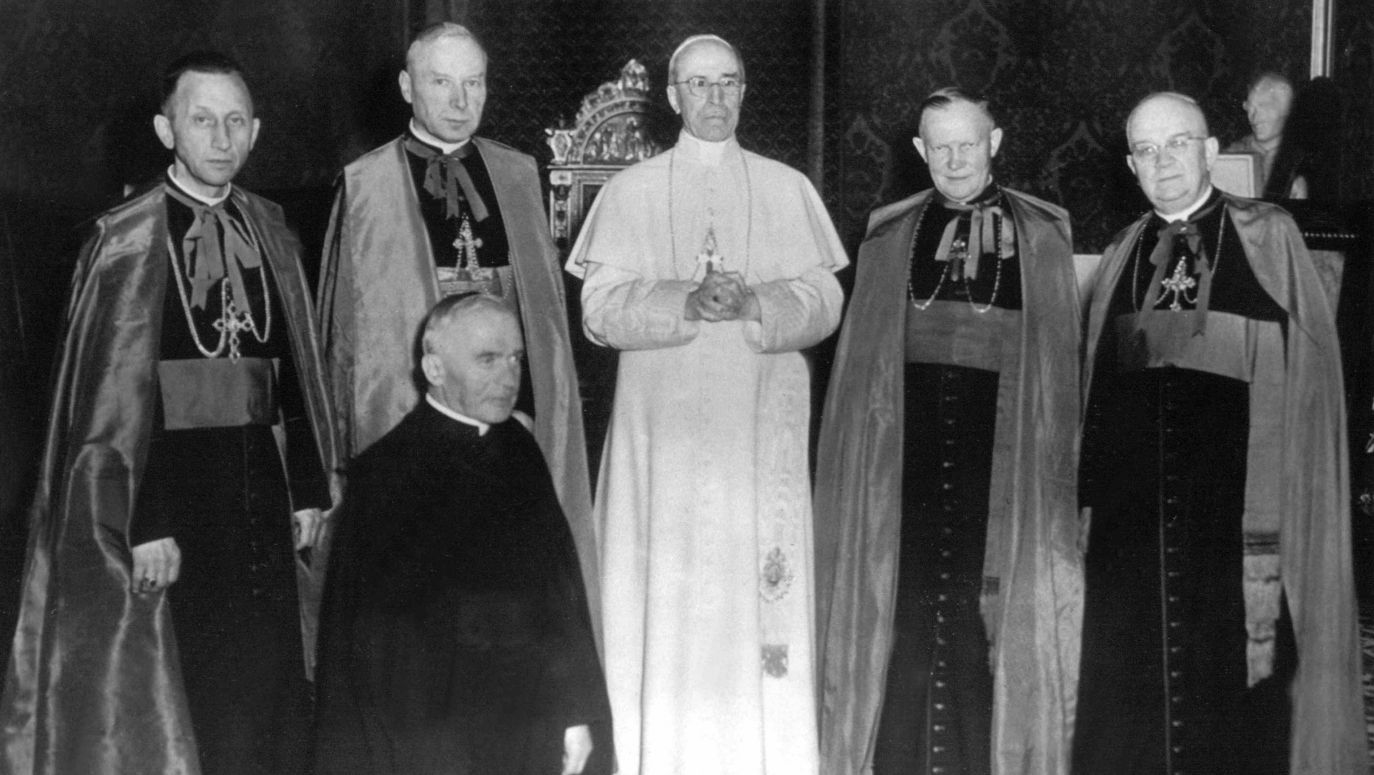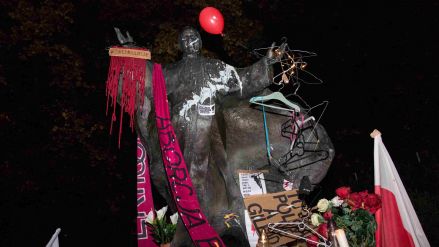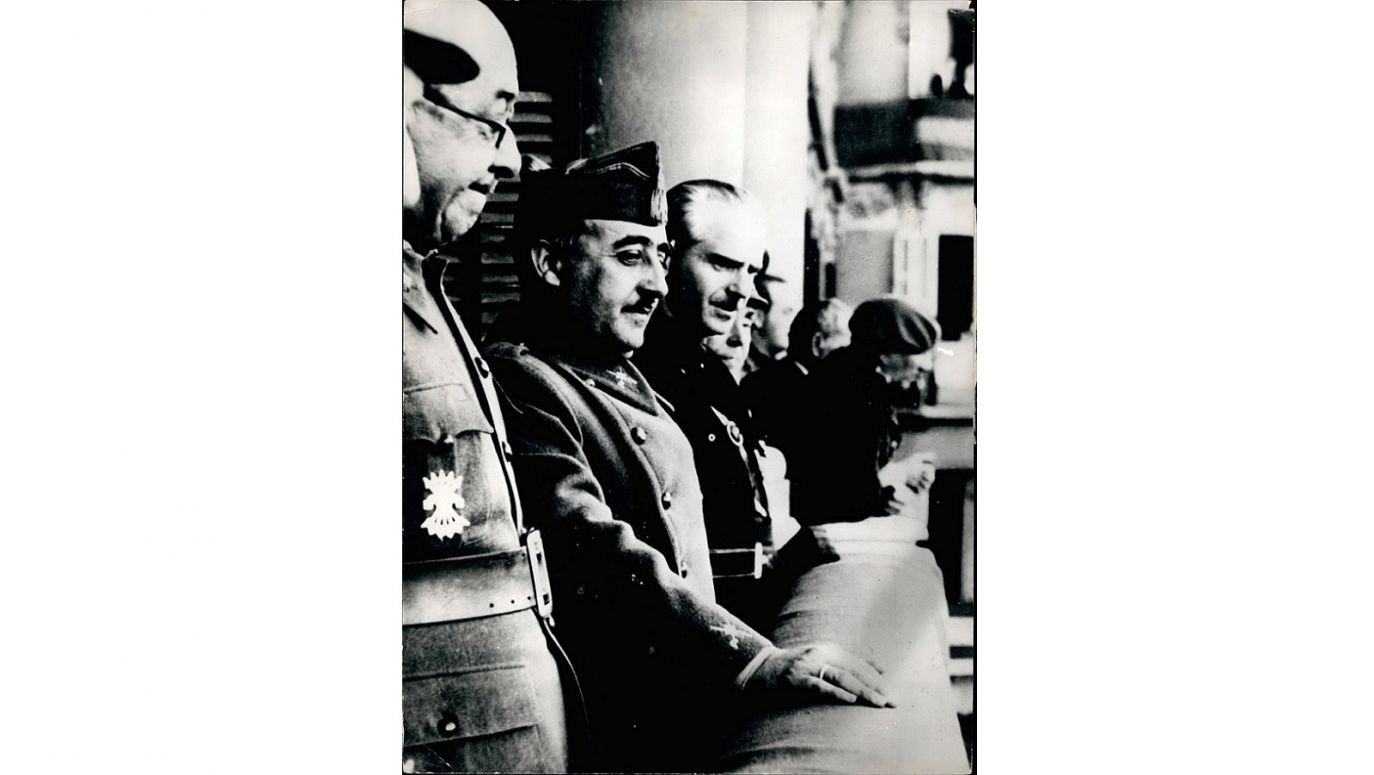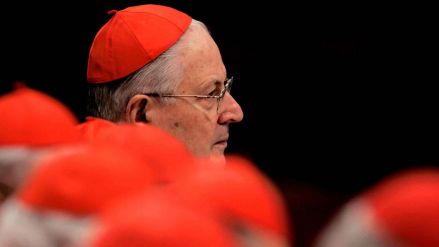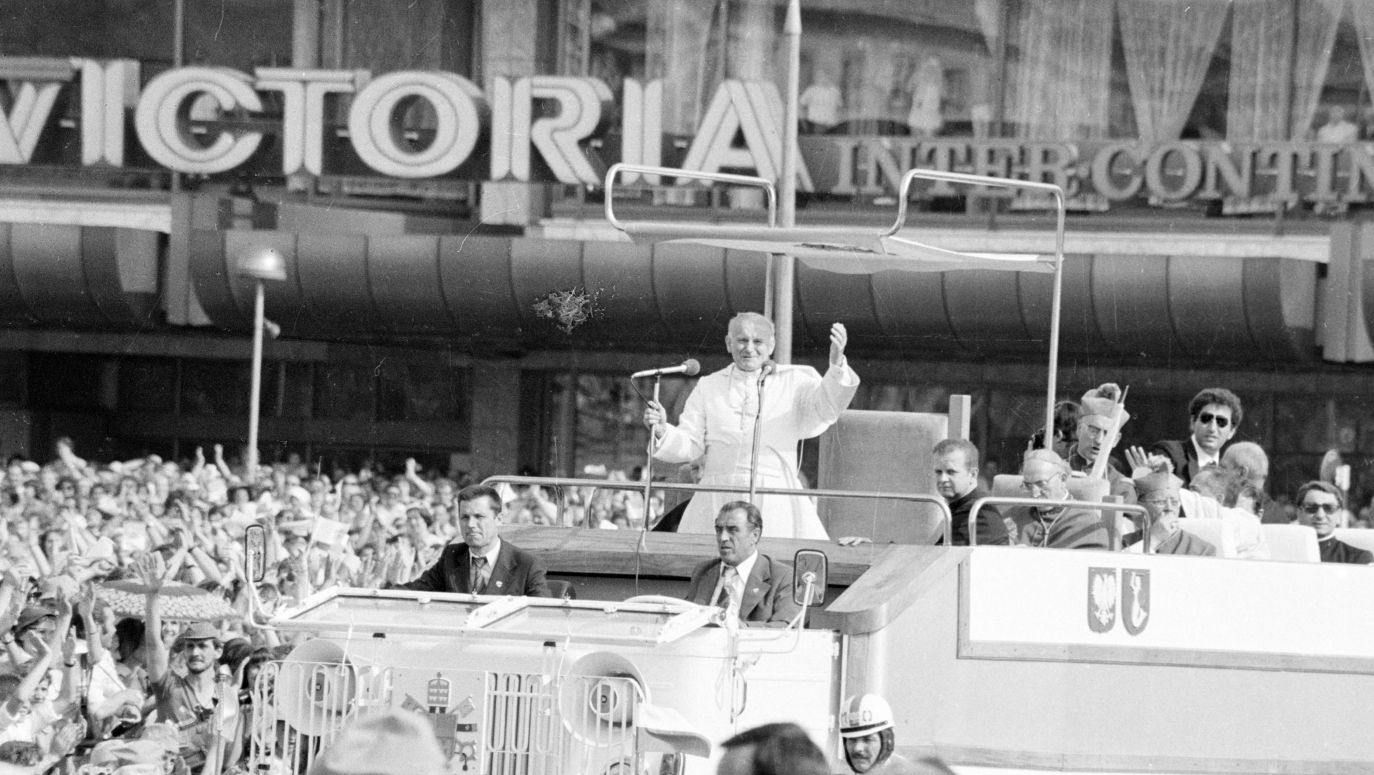Salvation in earthly life, rather.
I don’t know if it was only limited to earthly life. For example, the “metaphysics” of communism, which is perhaps the most developed in these aspects, was highly abstract. Specifically, it showed who the enemy was and what to do with the enemy, but the promised reward was very vaguely outlined. I can’t say whether it was limited only to earthly life. We know that this ideology was based on some vision of metaphysics, which was officially denied.
For me, it’s outrageous from a logical point of view, but it best shows that what is inconsistent and brutal cannot be good. After all, totalitarian ideologies, both Nazism and communism, are largely chaotic. They supposedly organise reality, but in reality, they only respond to a series of specific questions that are important in the short term, introducing enormous chaos elsewhere and preventing the recognition of reality. And they do this deliberately in order to manage this chaos. To entangle people so much that the chaos consumes them.
 SIGN UP TO OUR PAGE
SIGN UP TO OUR PAGE 
Therefore, in my opinion, it is appropriate to speak of the clash of totalitarian regimes with Churches, especially the Catholic Church, as a clash essentially religious in nature. A person who truly cares about Christianity cannot be a supporter of a totalitarian regime. Conversely, a person who truly delves into the totalitarian space cannot be a Christian.
Hitler expressed this excellently, as you quoted: “German Christianity is nonsense. Either one is a Christian or a German.”
Paradoxically, this is an approach that we have known since the time of Locke, of course taken
ad absurdum. We know it from earlier secularising ideologies than totalitarianism, but the totalitarians really took it to heart and carried it out to the end. Therefore, I perceive moments of cooperation between Catholics and totalitarian systems, for example our concessionary Catholics in the times of the communist Polish People’s Republic or the cooperation of Catholics in the Balkans or in Hungary during the Holocaust, as a degradation of their own faith. I do not see any formulas of cooperation between Catholics and these systems that would promote any deepening of Christian religious reflection. On the contrary, by undertaking this cooperation, one is aligning oneself with a very determined and brutal enemy.
Now let’s talk specifically about these two enemies: first, Nazism, which lasted shorter, but in a sense, you could say it was more intense, if that’s the right word.
It was more efficient in terms of killing, but less harmful in the long run.

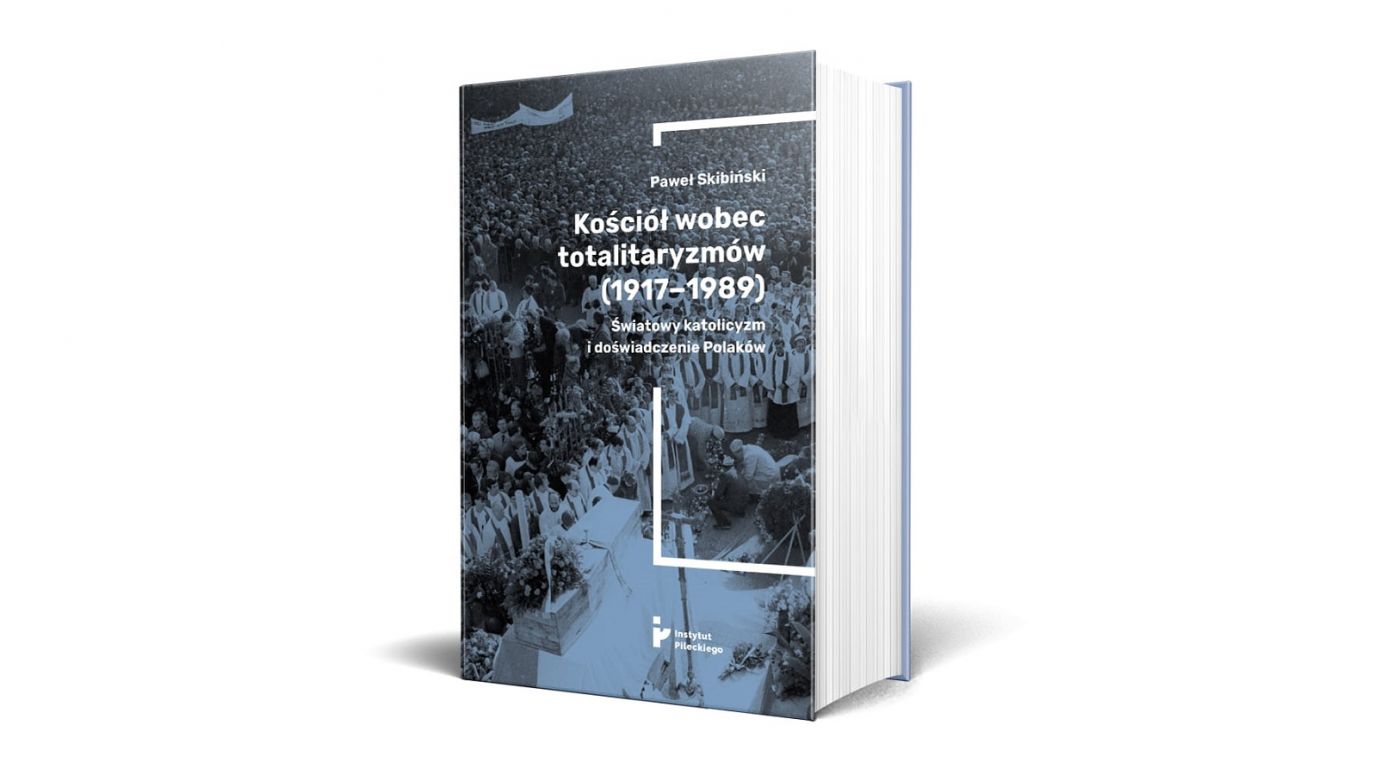
 SIGN UP TO OUR PAGE
SIGN UP TO OUR PAGE 
